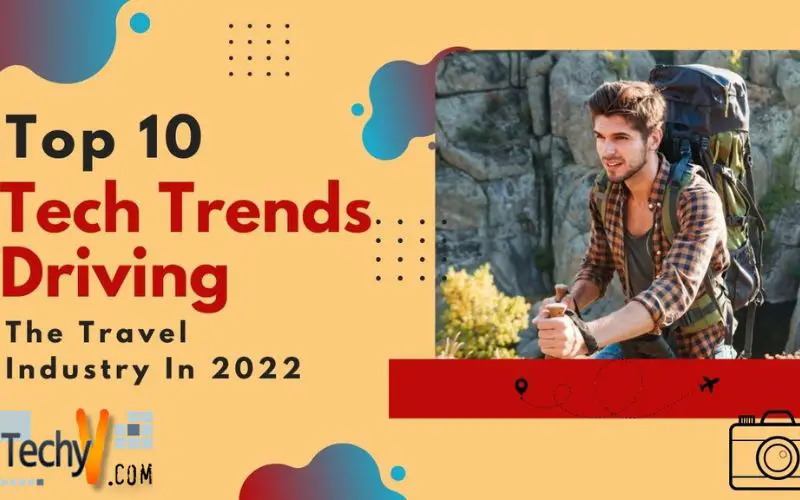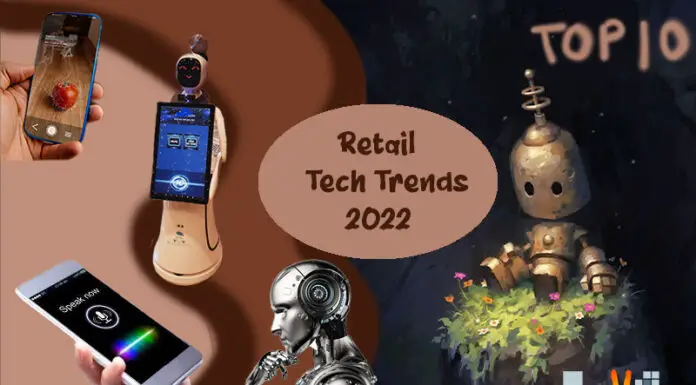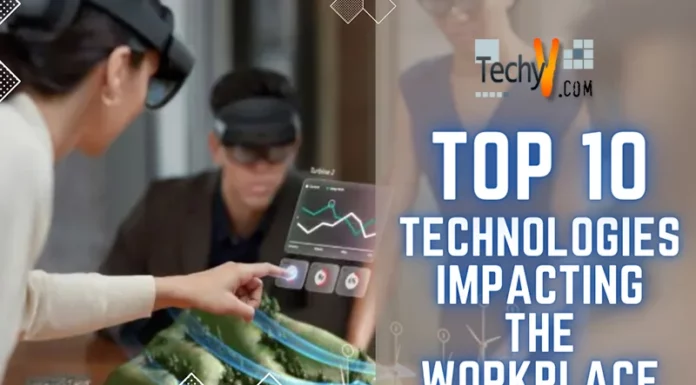Which industry do you think was hit the most due to the pandemic? Many of you will say travel and hospitality industry. Pandemic had put the travel industry into great uncertainty with the consumers anxious and frustrated with the travel restrictions. This negative sentiment has now turned into positivity, with travelers spending more on travel which we term revenge travel. According to Flywire Tech Trends, 7 out of 10 travelers will spend more in 2021. How to leverage this trend? Use technology to make your customers’ journey seamless. Here are the tech trends likely to shape the travel industry:
1. AI Chatbots
How simple our lives will become if we have someone who can provide quick answers to our travel queries? Well, AI-powered chatbots can help you here. Chatbots can be used to answer FAQs (frequently asked questions) such as safety measures and seat availability round the clock. The advancements in AI technology will help improve the interactions further.

2. Contactless Payments
There is no surprise we see contactless payments as a key trend driving the travel industry, especially after the pandemic. What started as a convenience during the pandemic has now turned into an important tool for tourism marketing. Nervous about travel during a pandemic? Contactless payments enable quick processing of payments, even when you do not have access to cash, credit, or debit card.
3. Voice Search And Control
Want to search and book tickets for your next trip? Voice search can help you find and book tickets for airlines or even hotels. Voice control devices can help you control lighting and heating within the hotel rooms, and even get information about tourists without even speaking to any staff. It, therefore, becomes interesting to keep voice search and control when designing seamless customer travel journeys.

4. Augmented Reality And Virtual Reality
We have been hearing a lot about the use of Augmented Reality (AR) and Virtual Reality (VR) in the travel industry. Are AR and VR a distant reality when it comes to travel? Not. Airlines3, a Japanese-based company, came up with the world’s first Virtual Reality(VR) airline hub, where you can wear a VR headset and feel the flight experience, which includes in-flight meals, air hostess announcements, and virtual tours of cities on arrival.
5. Automation And Robotics
Imagine a robot welcoming you at the hotel. It is no surprise that voice and robotics have become an essential part of the travel industry. This is not just limited to hotels even airports and bus stations are using various types of robots, ranging from self-driving luggage trolleys to automated cleaners, and humanoids. The need for less human contact has brought intelligent robots and automation to the forefront.
6. Internet Of Things (IoT)
What is the Internet of Things (IoT)? Internet-based interconnectivity allows us to send and receive data between our day-to-day devices. How can IoT be used in the travel and tourism industry? Imagine switching on the lights or heaters in your hotel room by just using your smartphones. IoT can help eliminate touchpoints in the customer journey and improve their travel experience.
7. Recognition Technology
One of the most interesting tech trends in travel is recognition technology. Why? Recognition Technology helps remove frictions in the customer’s purchase journey which helps make seamless interactions. This technology includes biometric identification such as fingerprint recognition, facial recognition, and retina scanning. One such use of recognition technology is for semi-contactless check-outs in hotels that allow you access to the rooms just by using your fingerprints.
8. Big Data
The travel industry is piled with huge amounts of unstructured data. This data can be used to analyze the requirements of the customers which will help improve personalization. Big Data can help make better-informed decisions by comparing the internal data like seat occupancy rates and fares with the external data like holidays and weather.

9. Cybersecurity
The travel industry is vulnerable to increasing data breaches and cybersecurity risks. Investment in cybersecurity training becomes the need of the hour especially due to high risks from phishing and ransomware attacks, and increased reliability of data. It is also important to keep oneself abreast with the latest regulations and compliance with the laws on data protection.
10. Blockchain
Blockchain is making the buzz in the travel industry as well. It enables sharing of information safely and securely between airports, airlines, OEMs, and even governments. A whopping $50B is spent in a year on the spare parts of aircraft where the tracking and tracing of these spare parts remain largely manual. Blockchain can help us solve such complex issues faced by the travel industry.
























